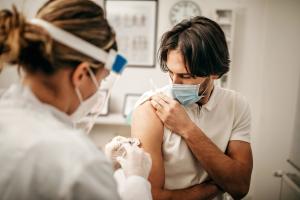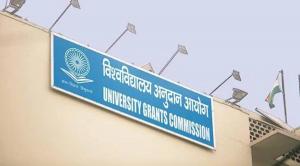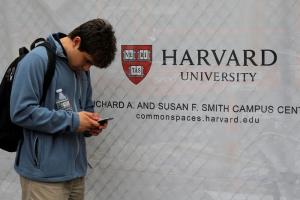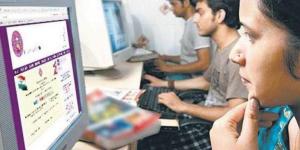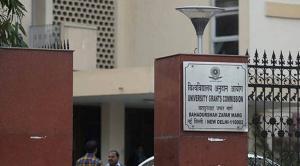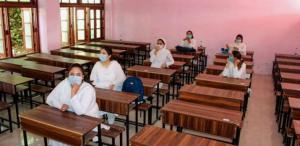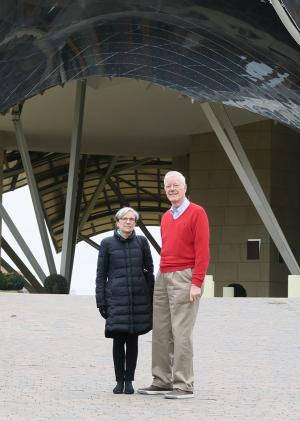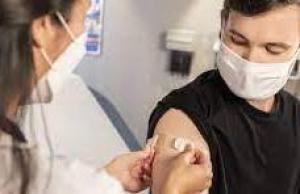University graduates from a pan-African private higher education network have defied the odds in Africa, a continent suffering high graduate unemployment rates, by crafting partnerships involving universities as well as the private and public sectors to increase job placements which, in some instances, are securing a 90% employment rate.
Institutions under the university network, which has 71,000 students in Morocco, Nigeria, Tunisia and South Africa, have been successful in fighting joblessness among its graduates through courses that place a strong emphasis on employability.
The partnerships of the Honoris United Universities network, launched in 2017, have developed tailor-made programmes through a number of initiatives, according to a report titled Pan-African Student Employability, including data up to 2022 and detailing some of its strategies.
The report was compiled following a survey conducted by the university network’s research department.
In the foreword, Dr Jonathan Louw, Group CEO at Honoris United Universities, said 50% of African employers state that job seekers’ skills do not match their needs.
He said an estimated 62% of job seekers in Sub-Saharan Africa are being deemed as under-educated, which is a reason why the network was created.
“We champion new methods of delivery and technologies to develop a relevant academic model designed to address Africa’s key educational challenges in this fast-changing and globalised world, while building partnerships with both public regulators and pan-African industries,” said Louw.
Companies that the network has partnerships with to increase the employability of its students include Siemens, Microsoft, Huawei, Toyota, Coca-Cola, Walmart, Ford, Unilever, Dangote, Grant Thornton and Standard Bank.
Some of the companies even participate in designing the curriculum. The employer partnerships have also resulted in classroom instruction by industry experts, industry-endorsed certifications, and industry research and development collaborations.
According to the report, the network has about 800 employer partnerships across 12 industries. The employer relationships and recruitment support are managed across 23 digital and physical career service centres.
Start-up ecosystems
Students have also benefited from the Honoris network’s strong start-up ecosystem which has resulted in the establishment of innovation hubs, incubators and laboratories across the network. Through these, students can access seed funding and venture capital for large projects.
For instance, it works with AfriLabs – about 350 technology hubs and innovation spaces across 52 African countries and the diaspora with a community of over 1,000,000 entrepreneurs, developers, innovators and start-ups.
Louw noted that, in 2022, Honoris received the New Champions Award for Excellence in Adaptive Capacity from the World Economic Forum in recognition of its contribution to transforming higher education at their 15 tertiary educational institutions across 10 countries and 32 cities in Africa.
According to the report’s executive summary, its graduates attained an employment rate of 75%, while its working adults maintained an employment rate of 88% in 2021.
“Institutions offer a menu of recruiting, work-integrated learning, and talent-sourcing services to employers, from which students and alumni benefit,” reads the report.
“Honoris United Universities stands in the unique position of being one of the few networks that collect, analyse or exchange relevant data in the university partnership ecosystem.”
Institutions of higher learning under Honoris United Universities fall in different regions of Africa.
There is South Africa’s Red and Yellow Creative School of Business, that has graduates who attained an employment rate of 93% in 2021.
Established in 1994 and headquartered in Cape Town, the institution specialises in academic degrees in digital and creative arts, marketing, design and content creation and offers a wide range of popular online short courses and certificates. It is the publisher of the textbook eMarketing: The Essential Guide to Marketing in a Digital World, which has been downloaded about a million times. Its BCom Marketing degree is offered in association with Unilever, which provides guest lecturers.
There is also Tunisia’s IMSET, which has more than 250 agreements with local and international academic and professional institutions to support its students. A total of 93% of IMSET alumni state that they were satisfied with their experience at the institution while 90% said they would recommend it to others.
“In 2021, IMSET partnered with the International Finance Corporation (IFC, part of the World Bank Group) to conduct the Vitae 360 Assessment to evaluate the employability of its students.
“IFC administered its Vitae Employability Tool which benchmarks institutional processes that support student employability outcomes. The tool has been deployed for, and internationally benchmarked, on higher education institutions in Asia, Africa, the Middle East, Latin America, and the Caribbean,” according to the report.
Another Tunisian institution, Université Centrale Group has 83% of its alumni employed in less than six months after graduating. Université Centrale has 218 partnerships and scored 71% on employability.
According to the report, one of Université Centrale’s institutions, H2E, was created through the Network of Training Enterprises of Tunisia, or ReeT, which is attached to a global network of more than 7,000 global private-sector companies that work directly with student trainees on various real-world market operations to improve students’ skills and competencies in a variety of industries.
In Nigeria, there is Nile University, which holds the Award of Excellence to Engineering Students from the Nigerian Society of Engineers for breakthrough innovation designed to combat the food crisis in Africa.
Global firm PwC helped develop Nile’s Career Center and the university recorded an employment rate of 76% in 2021.
Gender equality
The university is also working to ensure gender equality in many sectors, including higher education in Africa.
Honoris United Universities also focuses its community, including students, alumni and employers, on gender issues, and trains women in salary and promotion negotiation skills.
“When women cannot find equal ground as they enter the workforce, it affects everyone. Honoris United Universities believes in the power of gender equality in Africa and the ambitions of the United Nations Sustainable Goal 5 (SDG5).
“We aim to strengthen the role of women in Africa’s development through our Education for Impact mission – and our passion to support female leadership and entrepreneurship,” stated the report.
Source link: https://www.universityworldnews.com/post.php?story=20230425141151734

